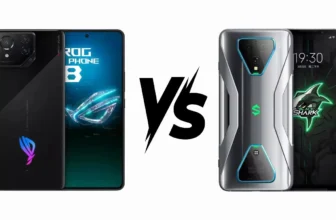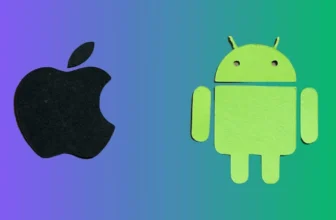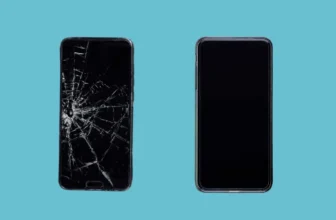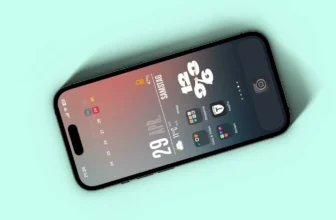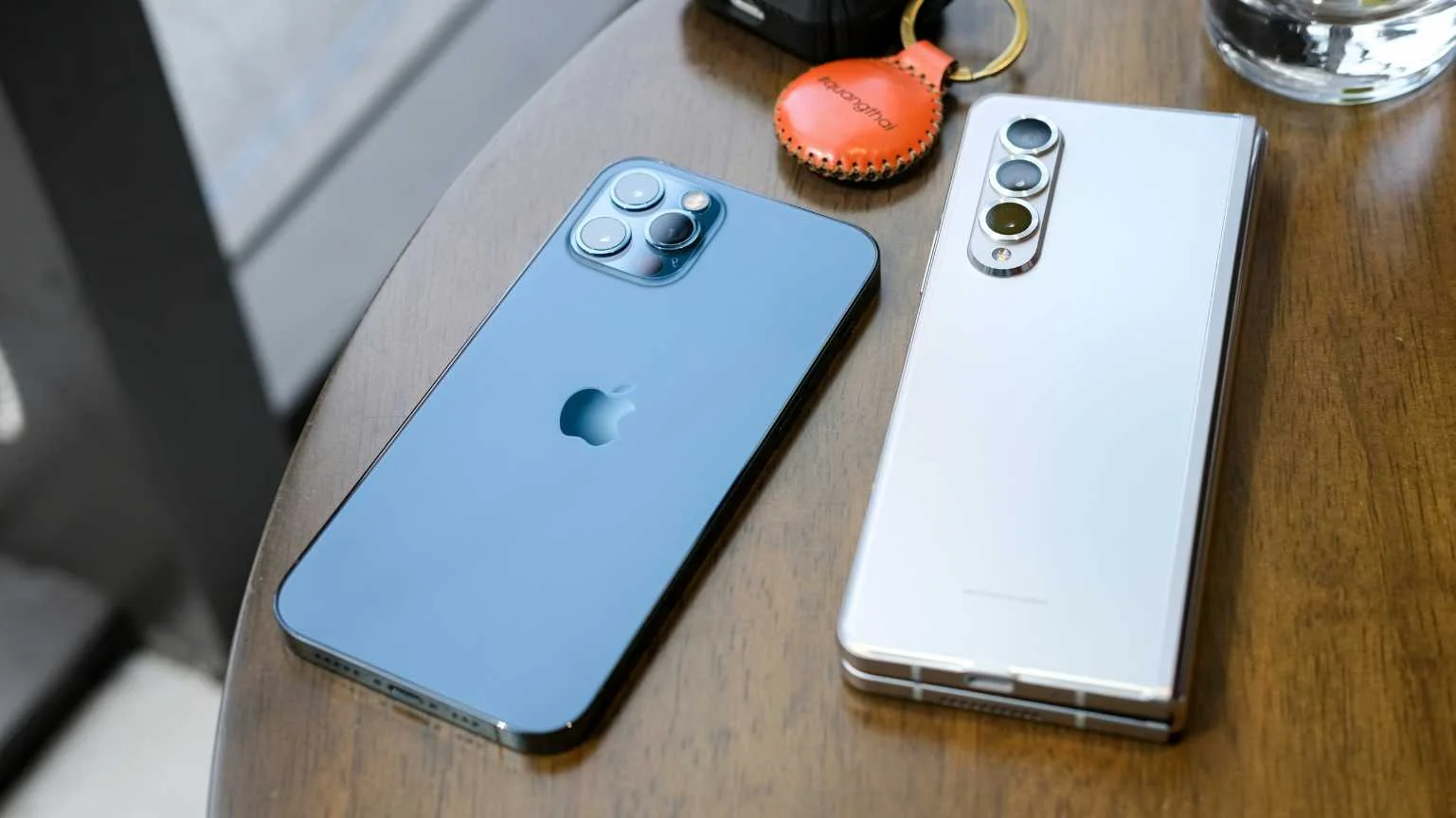
Thinking about upgrading your phone but unsure whether to go for a foldable or a traditional model? Both types of phones have their unique advantages and potential drawbacks, so it’s important to weigh the pros and cons before making a decision. Here’s a breakdown of the key differences to help you decide which phone suits your needs best.
📱 Foldable Phones: The Future of Smartphones?
What it does: Foldable phones combine the flexibility of a larger screen with the portability of a compact device. When unfolded, they offer a tablet-like experience, but when folded, they’re just as pocketable as a traditional phone.
Pros of Foldable Phones:
- Larger Screen in a Compact Size:
The standout feature of foldable phones is their ability to offer a large screen without sacrificing portability. You can enjoy a spacious display when unfolded, but the device still fits comfortably in your pocket when folded. - Multitasking Made Easy:
With more screen space, foldable phones allow for smoother multitasking. You can run multiple apps simultaneously or keep several windows open, enhancing productivity and entertainment. - Innovative and Futuristic Design:
Foldable phones stand out for their unique, cutting-edge design. The technology feels futuristic, and using one often turns heads, thanks to its ability to transform from a compact device to a larger screen on the go. - Increased Durability (in Some Cases):
While this might depend on the specific model, many foldable phones feature strengthened displays and hinges, with some offering improved resistance to scratches and wear. - Better Cinematic Experience:
For media lovers, the larger screen provides a better movie, gaming, and browsing experience. The extra space lets you fully enjoy videos and games with minimal compromise on portability.
Cons of Foldable Phones:
- Higher Price Tag:
Foldable phones are still in their early stages of development, and this means they come with a premium price. Expect to pay significantly more for a foldable model compared to a traditional phone. - Durability Concerns:
While foldable phones are designed to be durable, the folding mechanism introduces a potential weakness. Over time, the hinges and foldable screen could suffer from wear, leading to potential performance issues. - Bulky When Unfolded:
Although the phone is pocketable when folded, many foldable phones become quite bulky when fully opened. This can make them less comfortable to hold or use for long periods, especially compared to slim, traditional smartphones. - App Compatibility Issues:
Not all apps are optimized for foldable displays, which can result in an inconsistent user experience. Some apps may not take full advantage of the larger screen, and you might encounter issues with layout or functionality. - Fragile Screen Technology:
Foldable screens are made of flexible materials, which makes them more prone to scratches or creases, especially when compared to traditional phones. This fragility is a downside for those looking for a phone that can withstand rough handling.
📱 Traditional Phones: Reliable and Time-Tested
What it does: Traditional phones are designed with a fixed screen and familiar, straightforward design. They are well-established, widely available, and come in various shapes, sizes, and features.
Pros of Traditional Phones:
- Affordability:
Traditional smartphones tend to be much more affordable than foldable ones. You can find a wide range of options to fit various budgets, from high-end flagship models to budget-friendly devices. - Durability and Stability:
Traditional phones are often built to last. With solid construction and durable materials, these phones can withstand drops, scratches, and daily wear and tear without as much concern about the screen getting damaged. - Lightweight and Slim:
Traditional phones are slim and lightweight, making them easy to hold and carry around. Unlike foldable models, they don’t become bulky, even when you’re using them for extended periods. - Wide App Compatibility:
Traditional phones have been around longer, and as such, apps are fully optimized for them. There’s no risk of layout issues or apps not functioning properly, which provides a more consistent user experience. - Wider Selection of Models:
Traditional phones are offered by a range of manufacturers, from Apple to Samsung to Google. This variety gives you more choices when it comes to operating systems, features, design, and price.
Cons of Traditional Phones:
- Smaller Screen Size:
While some traditional phones come with large displays, they can’t quite compare to the expansive screen offered by foldable phones. For those who enjoy a bigger display, a traditional phone may feel restrictive. - Limited Multitasking:
Traditional phones, though powerful, generally don’t offer the same level of multitasking that foldable phones do. You’re limited to a single screen experience unless you resort to split-screen mode, which can be clunky. - Outdated Design for Some Models:
Many traditional phones haven’t seen major design changes in recent years. If you’re someone who craves innovation or the latest tech trends, you might find the traditional phone designs less exciting. - No Tablet-like Experience:
Traditional phones don’t offer the versatility of a foldable phone. They can’t transform into larger tablets, which means if you want that kind of functionality, you’ll need to carry a separate device.
Which is Better: Foldable or Traditional Phones?
Ultimately, the decision between foldable and traditional phones comes down to your personal needs and preferences.
- Go for a foldable phone if you’re looking for cutting-edge technology, a larger screen experience in a compact size, and the novelty of a device that stands out.
- Choose a traditional phone if you want reliability, affordability, and durability, without compromising on everyday usability. Traditional phones provide a solid, hassle-free experience and have proven to be more consistent over time.
Both types of phones have their advantages, but the choice depends on what you value more—innovation and flexibility or practicality and affordability.
Frequently Ask Questions(FAQ’s)
Foldable phones offer a larger screen in a compact form, allowing for better multitasking and a tablet-like experience.
Yes, foldable phones typically have a higher price tag due to their advanced technology and innovative design.
Foldable phones are more prone to wear over time, especially with the folding mechanism, though newer models have improved durability.
Not all apps are fully optimized for foldable screens, which can lead to inconsistent user experiences on some devices.
Traditional phones are generally more affordable, offering a wide range of models across different price points.


